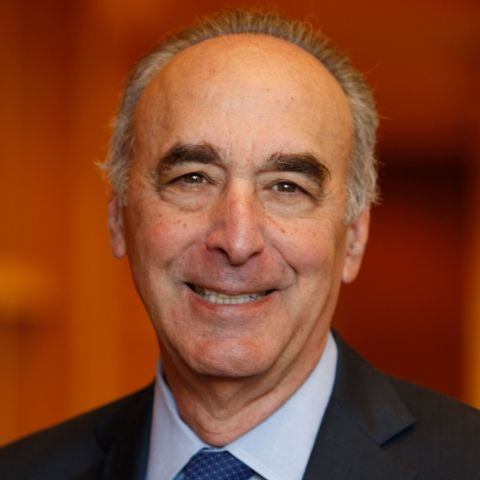



Three established torts require the defendant’s behavior to be “offensive” or “highly offensive” in order to be actionable: offensive battery, public...
We live in a golden age of student surveillance. Some surveillance is old school: video cameras, school resource officers, and tip lines. Old-school...
This casebook aspires to help students understand and think systematically about the techniques of statutory interpretation. It blends exposition with...
Supreme Court opinions involving race and the jury invariably open with the Fourteenth Amendment, the Civil Rights Act of 1875, or landmark cases like...
This Article develops a new way of understanding the law in order to address contemporary debates about judicial practice and reform. The...
On January 1, 2022, the most radical change to the American jury in at least thirty-five years occurred in Arizona: peremptory strikes, long a feature...
It has long been said that the common law "works itself pure" But in the law of torts, not always. This Article reveals and analyzes the...
How should judges decide hard cases involving rights conflicts? Standard debates about this question are usually framed in jurisprudential terms...
This article argues that the fact that an action will compound a prior injustice counts as a reason against doing the action. I call this reason The...
Berryessa et al. (2022) consider how prior experience as a criminal prosecutor may influence judicial behaviour, but their concerns about prior...
At first blush, the debate between Stanley Fish and Ronald Dworkin that took place over the course of the 1980s and early 90s seems to have produced...
A federal grand jury in Florida indicted former President Donald Trump on June 8, 2023, on multiple criminal charges related to classified documents...
In our increasingly polarized society, claims that prosecutions are politically motivated, racially motivated, or just plain arbitrary are more common...
The lawyer-client relationship is pivotal in providing access to courts. This paper presents results from a large-scale field experiment exploring how...
Across multiple national surveys sampling more than 12,000 people, we have found that a majority of Americans, more than 60 percent, consider false...